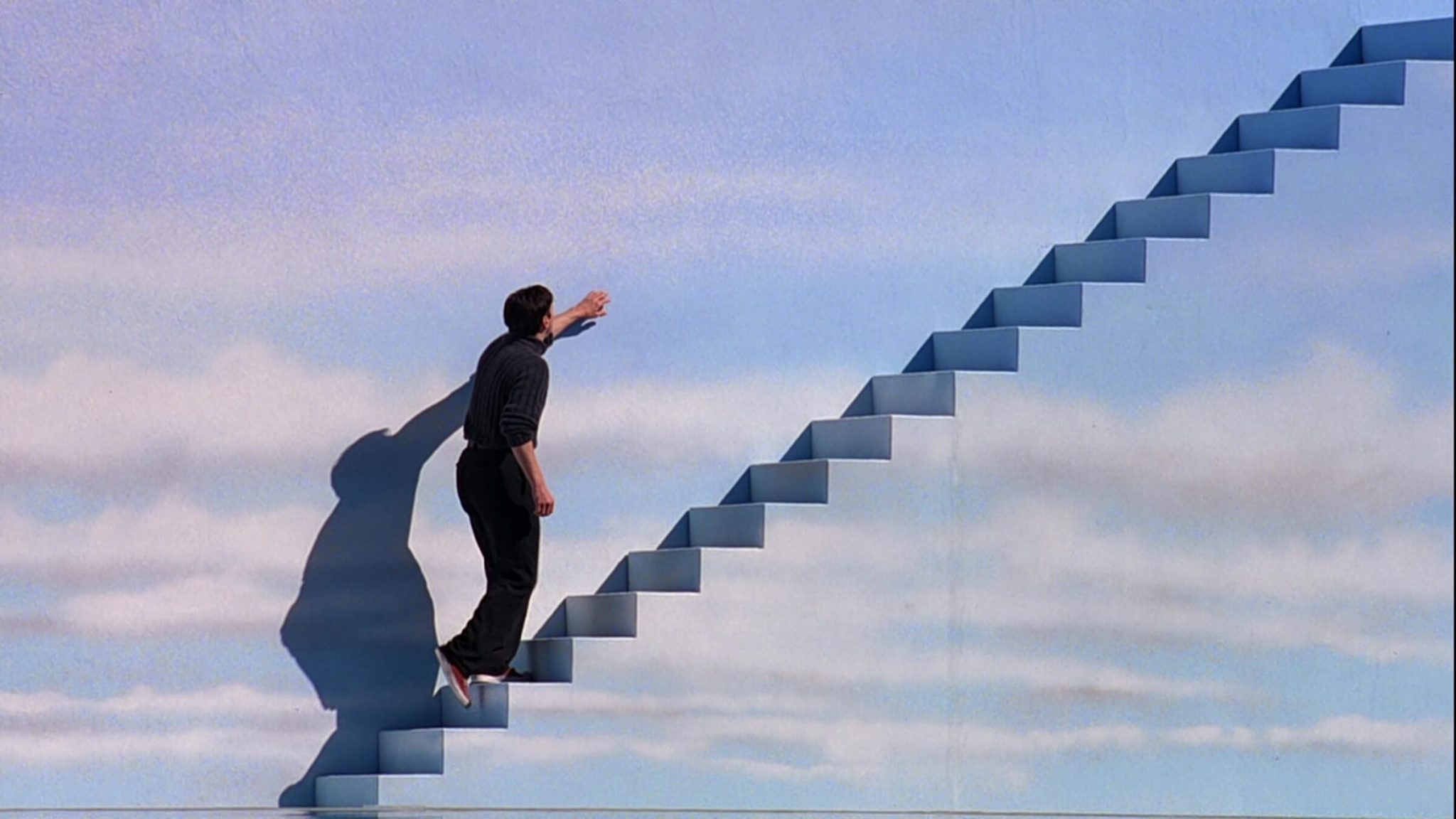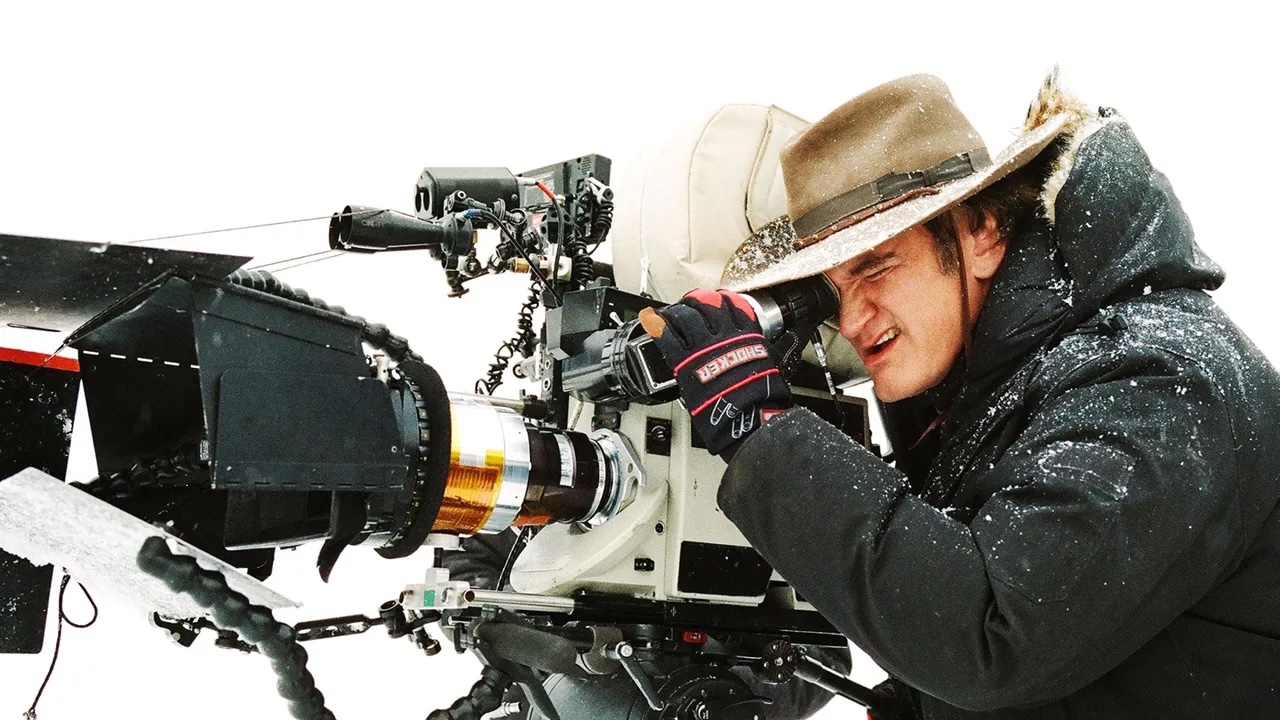What Is a Central Question? (And Why Is It Important for Your Script?)
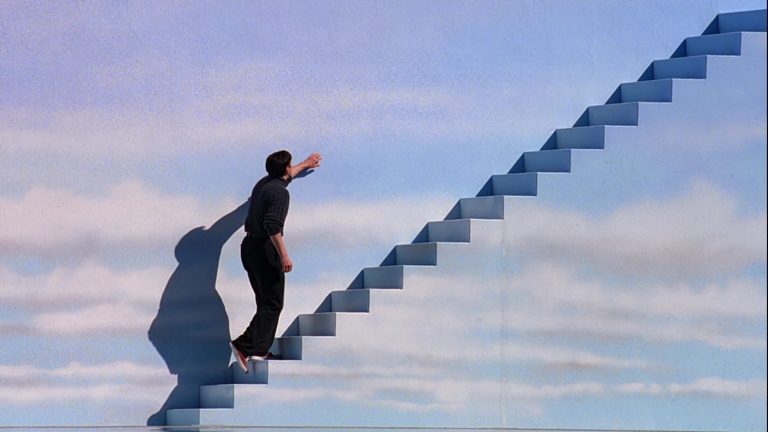
To be or not to be. No, no no no—that’s not the question. Does your script have a central question? Now that is the question.
Sometimes known as the major dramatic question or the dramatic question, the central question is an essential component of screenwriting. Whether or not your script has this or, more importantly, if you understand what it is, how it functions, and why it’s important, could be what makes or breaks your script’s success.
What Is a Central Question?
A central question is, to put it bluntly, the question at the center of your story. It sounds self-explanatory in theory, but nothing in storytelling is ever really that simple.
In STORY, Robert McKee says, “Hunger for the answer to the major dramatic question grips the audience’s interest, holding it to the last act’s climax.”
Central questions have to do with the story engine. When it is finally answered (for the characters and the audience), the story is over. Whatever is powering your story—whatever is fueling the plot and propelling the characters forward—that’s the stuff of the central question, too.
Personally, I try to imagine the central question in terms of the audience. When the average Joe sees a movie trailer and decides to go ahead and watch the whole movie, the dramatic question is the one hanging in his mind as he presses play.
Central questions are often fairly simple and usually worded as "yes" or "no" questions:
- Will Buttercup (Robin Wright) and Westley (Cary Elwes) get their happy ending? (The Princess Bride)
- Can Marty McFly (Michael J. Fox) return to his own time before he ceases to exist? (Back to the Future)
- What is Charles Kane’s (Orson Welles) last word, “Rosebud,” really all about? (Citizen Kane)
- Will Marlin (Albert Brooks) find Nemo (Alexander Gould)? (Finding Nemo)
No matter how many loose ends are left untied at the end of a story (Will Inigo Montoya (Mandy Patinkin) survive that knife wound to the stomach?), the question holding the plot together must have an answer by the time the credits roll.
Read More: A Screenwriter’s Guide To Plot Devices
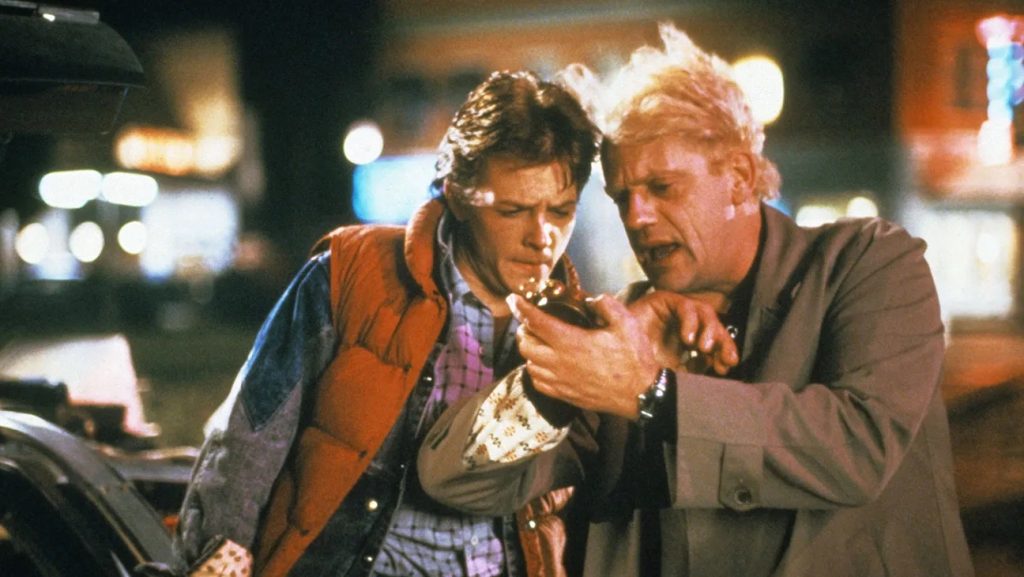
'Back to the Future' (1985)
How Does the Central Question Function Within a Script?
The central question acts as an umbrella under which everything in a story can fall. Central questions can tie everything together—plot, characters, conflicts, themes, you name it. All the stuff that makes the story what it is should probably relate to the central question. Yes, even subplots.
Most of the time, the central question is related to the protagonist’s goal or main conflict and is set up with the inciting incident. That’s not to say individual plot points will answer the question in its entirety—in fact, they shouldn’t!
Remember, when you answer the central question, the story is essentially over. So you don’t want to answer it until the end (or almost the end) of the script.
The central question may be the big umbrella over the whole story, but, as a function of storytelling, it should be used to break the plot down into smaller sections.
For example: let’s say the central question of Raiders of the Lost Ark is “Will Indiana Jones (Harrison Ford) locate the Ark of the Covenant before the Nazis?” What does Indiana Jones need to do first if he’s going to find the Ark?
He must track down his former mentor, Abner Ravenwood, who possesses the medallion containing the measurements for the Staff of Ra, essential for finding the Ark. OK great. We have something for Indiana Jones to do in Act One: find Abner Ravenwood. Now, we throw complications into the mix to make everything harder for our protagonist.
Abner’s dead and his daughter Marion (Karen Allen) has the medallion. But she doesn’t want to give the medallion to Indiana Jones—she’s bitter because they used to be lovers and it didn’t end well. Oh, and the Nazis are on his tail and catch up to him at Marion’s bar in Nepal and a fight ensues.
What happens when he has the medallion, but can’t decipher it? What will Jones do when he finds the Ark but the Nazis steal it from him? And so on and so on until the end of the movie when we finally have our unequivocal answer to the central question.
Read More: Proof That Indiana Jones Does Have a Character Arc
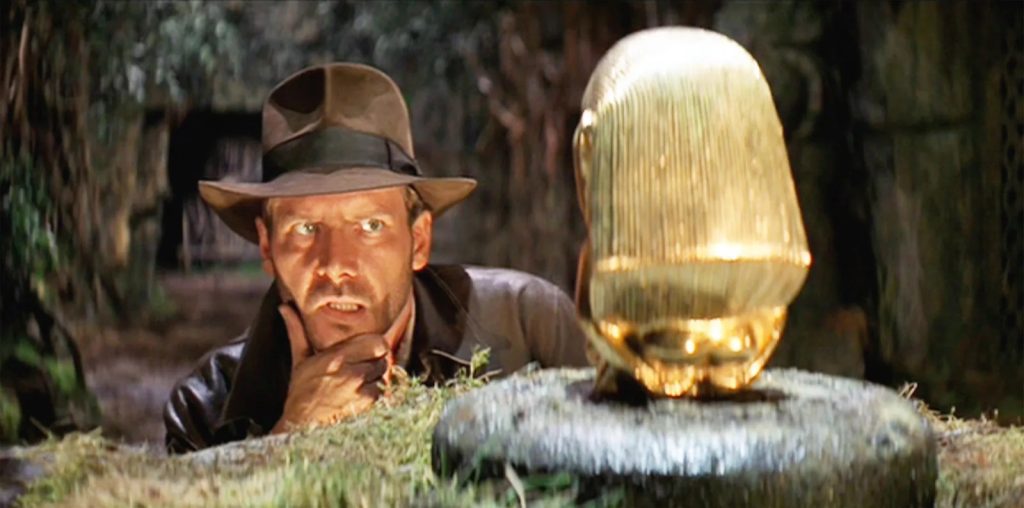
'Raiders of the Lost Ark' (1981)
Why Is This Screenplay Element Important?
Well first I want to answer another question—yes, your script has a central question. Every story has one, even the ones that have more vibes than plot.
The central question is essential because it can act as a North Star for the screenwriter.
When you plot the story and get lost in the weeds of Act Two, return to the central question for direction. If your character wanders aimlessly in Act Three, maybe you've already answered the dramatic question, and your story should have ended 20 pages ago.
If you’re not sure what the central question of your script is as the screenwriter, the audience sure as heck isn’t going to know it either. Not only do you want to know it to craft a good story, but this screenplay element can also help when it comes time to pitch your screenplay to development execs, producers, or agents.
Even if you’re not answering the central question directly on any specific page, it should loom over the entire script. As the screenwriter, you must know the what the question at the core of the story is at all times. It’s not whether your script has a central question, it’s whether you, the writer, can define it adequately.
Read More: 3 Philosophies To Finding Your Screenplay’s Theme
Check out our Preparation Notes so you start your story off on the right track!
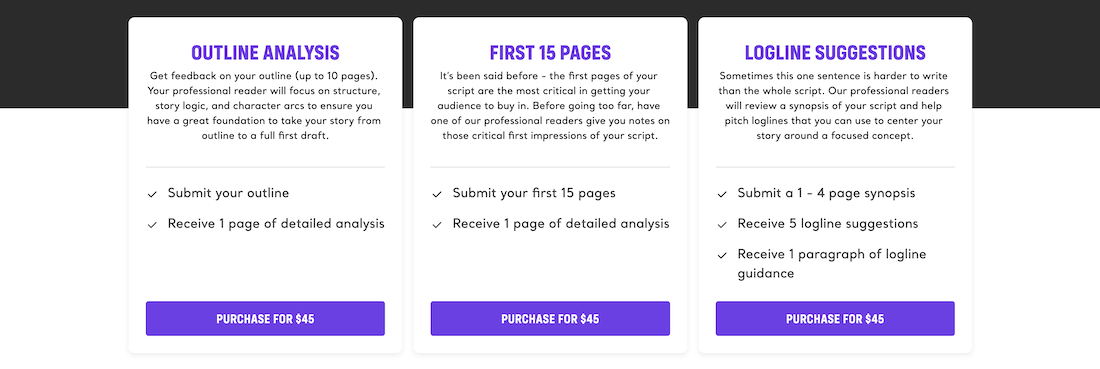
Get Our Screenwriting Newsletter!
Get weekly writing inspiration delivered to your inbox - including industry news, popular articles, and more!



